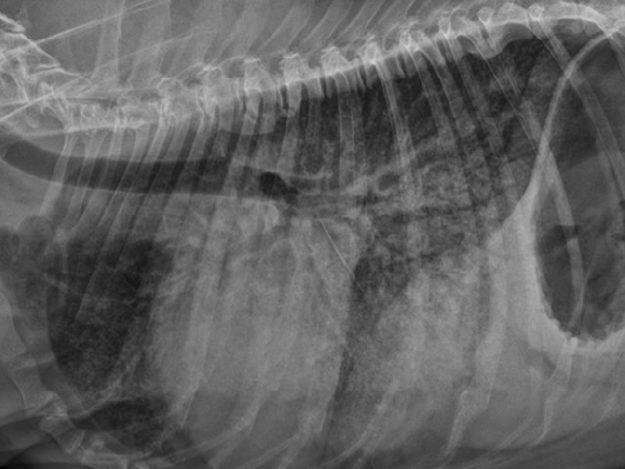Esophageal Obstruction in the Horse
Dr. Amelia Munsterman reviews the diagnosis and management of esophageal obstruction in horses. She discusses esophageal anatomy and pathophysiology of obstruction, and she also provides tips for managing common sequelae and for preventing recurrence. Course Handout Course Details










